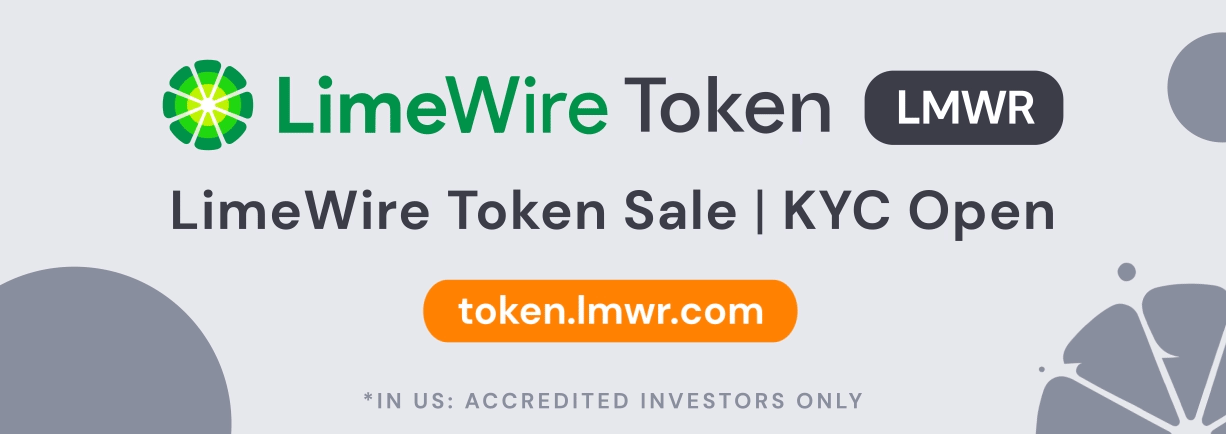Kazakhstan’s Bitcoin mining industry has several challenges ahead

In May 2023, Kazakhstan’s share of the global Bitcoin mining hashrate stood at 4%, down from a peak of 18% in October 2021. , relaxed regulations, tax incentives, according to the Hashrate Index report.
Along with the increase in hashrate share, Kazakhstan’s total bitcoin mining load jumped from 200 MW a year and a half ago to 1.5 GW in October 2021. Unable to handle the load, the country’s energy provider began allocating power supply to his Bitcoin miners in September 2021. As a result, miners could only use expensive electricity imported from Russia, and many went bankrupt, the report notes.
The country implemented a new law “On Digital Assets of the Republic of Kazakhstan” on April 1. The law requires miners to be licensed to operate and use only licensed mining pools and cryptocurrency exchanges. It also placed miners at the bottom of the electricity supply and introduced a mining-related electricity tax.
Understanding the impact of new regulations
First, the new law requires all mining pools to be licensed and to report and tax their earnings to the Kazakhstan government. Miners and cryptocurrency exchanges must be registered with the Astana International Financial Center (AIFC) according to new regulations.
Second, miners are required to sell some of their bitcoin holdings on a locally licensed exchange. There are currently 7 exchanges for miners to choose from, including Binance. Currently, a miner has to sell his 25% of his Bitcoin locally, but by 2024 he will have to sell half. This requirement will increase to 75% by 2025.
Third, the new law allows miners to purchase power only through the state-run power auction system KOREM. It has another trading platform focused on miners. Basically, the operator of the national grid decides how much power is “excess” and puts it up for auction. Miners must win an auction to purchase power. The amount of electricity available at the auction is not enough for all Kazakh miners who have to turn to other sources of power generation.
Fourth, if miners buy power through an auction system or import power from Russia, they will have to pay a tax and the minimum price for power will be set at $0.055 per kWh. This is a very high rate and means that miners cannot rely on purchasing power in the long run. The new law also imposes a flat tax of $0.022 per kWh on electricity from renewable sources.
the future is fog
The new law could either provide regulatory stability or its harsh taxation could kill the industry, according to the report. However, the future is uncertain as it remains to be seen how the law will actually affect miners.
In the meantime, Kazakhstan’s miners will have to look for new sources of power, with gas, wind and solar being the most likely, according to reports.
Moreover, the volatility of the past year has made foreign investors reluctant to invest in Kazakhstan, reducing the short-term potential of the industry. However, the report notes that the country’s mining industry has long-term potential.





